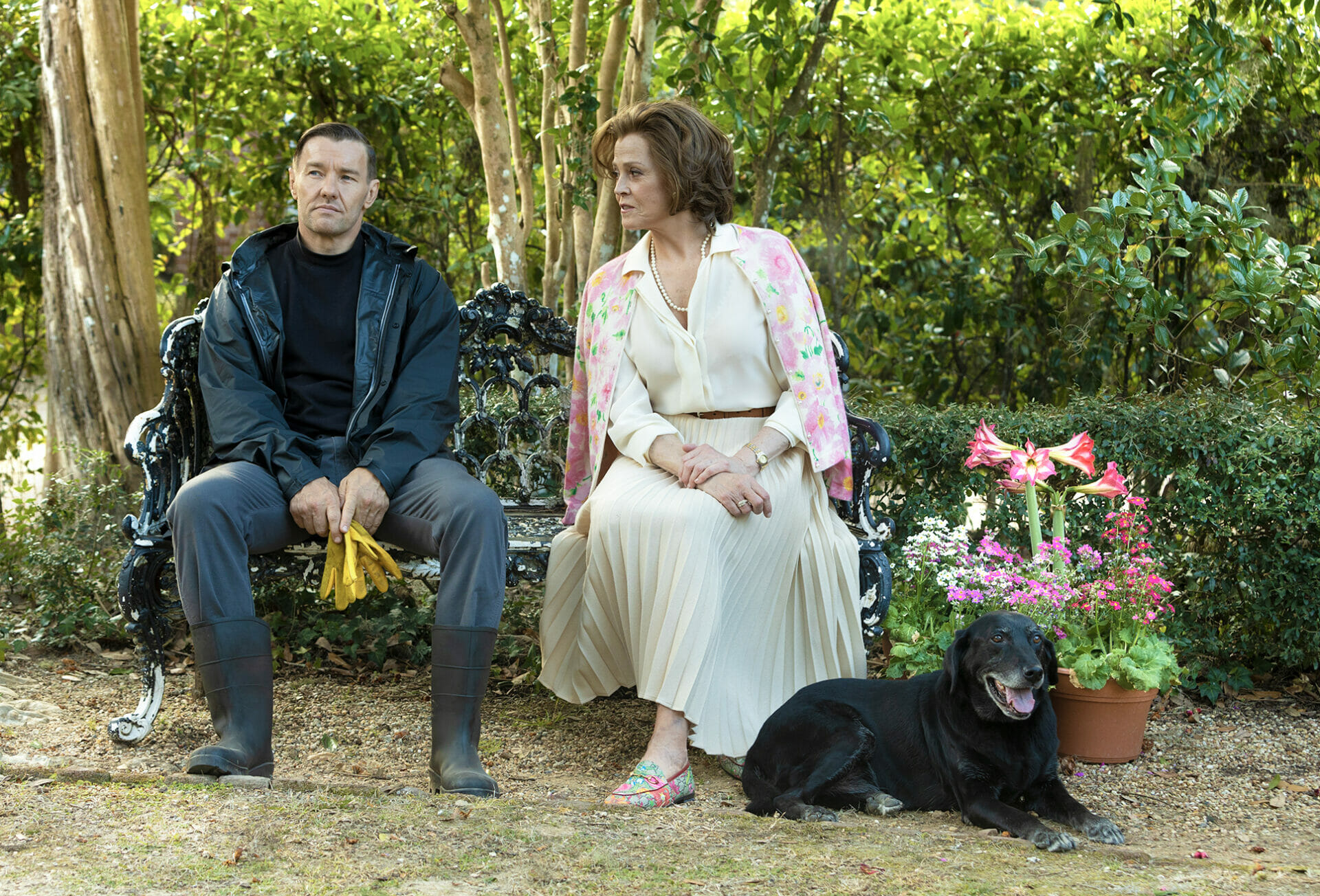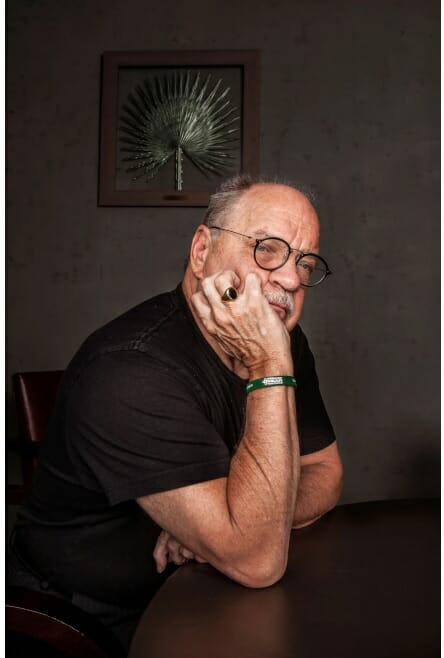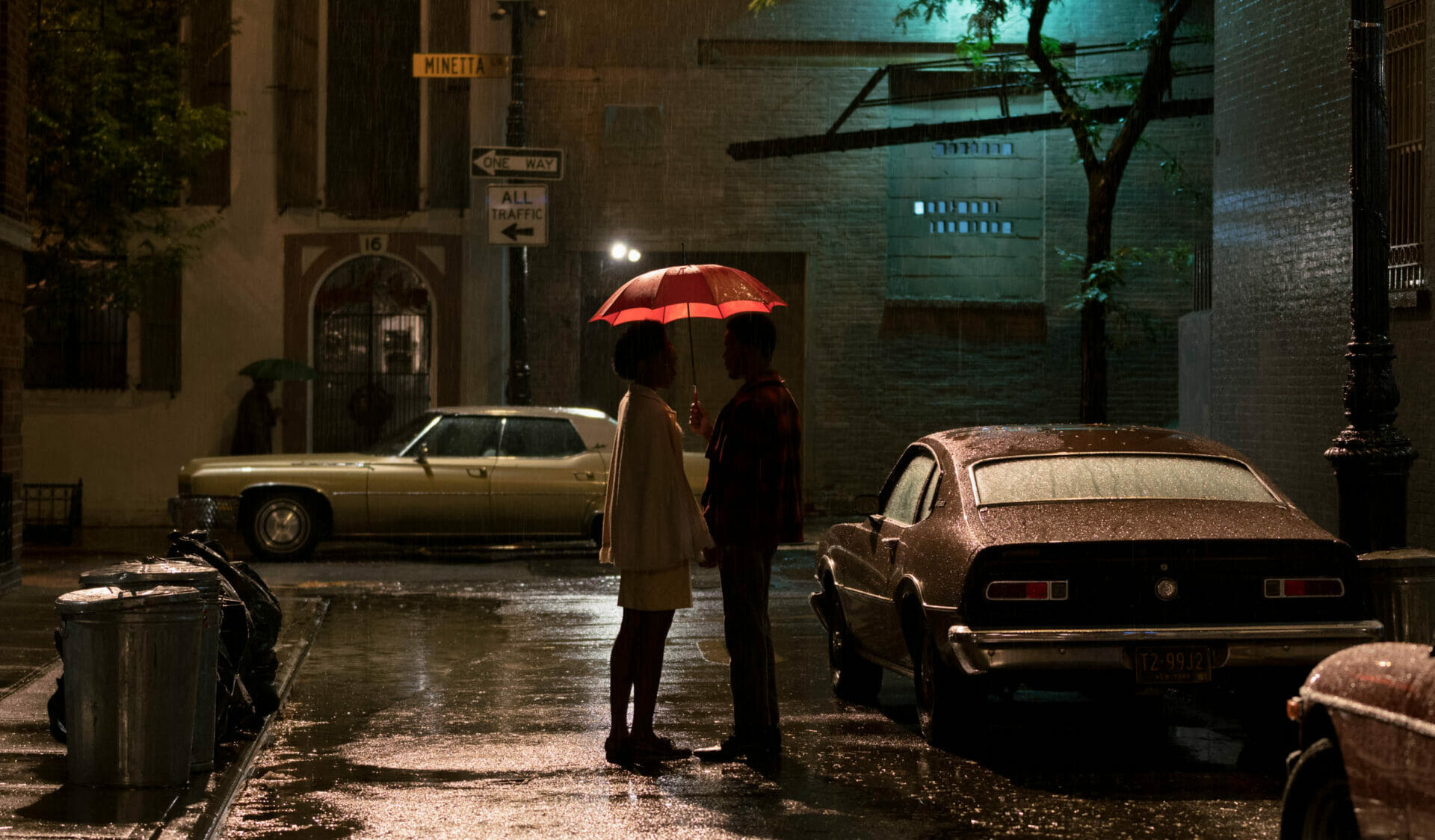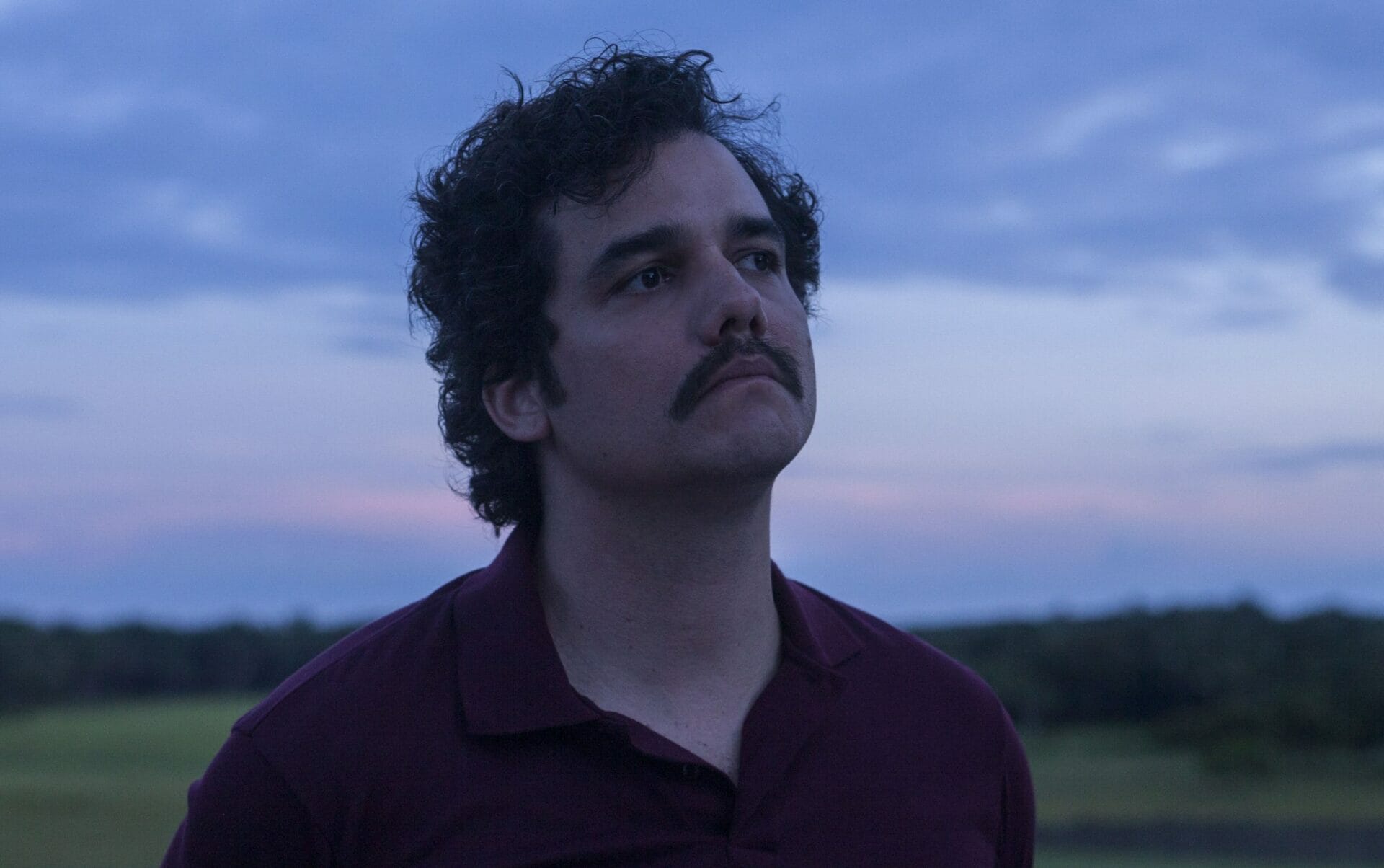
Master Gardener | A small tale of big issues
Year
Runtime
Director
Writer
Cinematographer
Production Designer
Country
Format
Subgenre
76-year-old American writer, critic, and director Paul Schrader, primarily famous for being the screenwriter and co-screenwriter of director Martin Scorsese’s classics Taxi Driver and Raging Bull, returned to the 79th Venice International Film Festival to receive the prestigious Golden Lion for Lifetime Achievement. Schrader had already come to the Lido in 2017 with First Reformed, and again in 2021 with The Card Counter, which could be considered as the first two episodes of a trilogy exploring a theme dear to its author, the one of the Plagued Man. Or, as he defines it, his “man alone in a room” films.
This narrative reaches its final episode with Master Gardener, set in contemporary America, which like many other works from Schrader portrays an antihero, a man with a troubled past who seeks redemption in ordinary, innocent activity.
Despite the title, though, Master Gardener is not (only) about flowers and horticulture.

A haunting past
Narvel Roth (Joel Edgerton) is in charge of tending the Gracewood Gardens, under the supervision of the wealthy Mrs. Norma Haverhill (Sigourney Weaver). When Mrs. Haverhill asks him to hire her great niece Maya (Quintessa Swindell), who’s Black, and to teach her all he knows about horticulture, the peace in the garden begins to fragment.
Maya is willing to learn and work on the estate but struggles with drug addiction. When she and her older mentor start to fall in love, Narvel is forced to decide who he wants to be and what is worth risking for the girl. The protagonist hides an obscure, supremacist past and tries to protect Maya from violent and desperate drug dealers. But he is plagued with doubts.
The seeds of the soul
Narvel Roth himself compares the many tattoos that mark his body to seeds. Seeds that lay underground, or on the bed of a river, and can sprout anytime. For him, the seeds are Nazi swastikas and white supremacy symbols and phrases, which make him refuse to take off his clothes in front of Maya when she manifests her attraction to him.
His seeds are therefore malignant, and Master Gardener seems to suggest that the only way to overcome past mistakes and eradicate these seeds is through someone else’s help. In this case, to make the task more difficult is not only the fact that Maya is black — which is maybe a key element in overcoming Narvel’s specific past — but also their age difference. Like Mrs. Haverhill points out when she finds out about their relationship, Narvel looks to her like Humbert Humbert with his own Lolita. Is age yet another bound, like race and gender, that we will become more open about?
A confined story
“On the one hand, a white supremacist can say ‘We’re the gardeners, we pull out the weeds.’ On the other hand, a humanist can say, ‘We’re gardeners, we help things grow.’ And both are using the gardening metaphor — one is evil, and one is good,” Schrader told Variety, explaining why he took such a figure to explore the roots of white supremacism.
The escalating events of Master Gardener range beyond the garden itself, but are limited in both space and time nonetheless. The calm, often static shots and the subject of the estate make it feel like a confined story. The lines weaving the plot are few and clear, so as to be predictable at times, yet it seems to respond to Schrader’s precise design. Master Gardener is like a fable in the real, violent world, a story that touches love, racism, and redemption, but on a flowered background.
Tag
Buy a ☕ for Hypercritic









